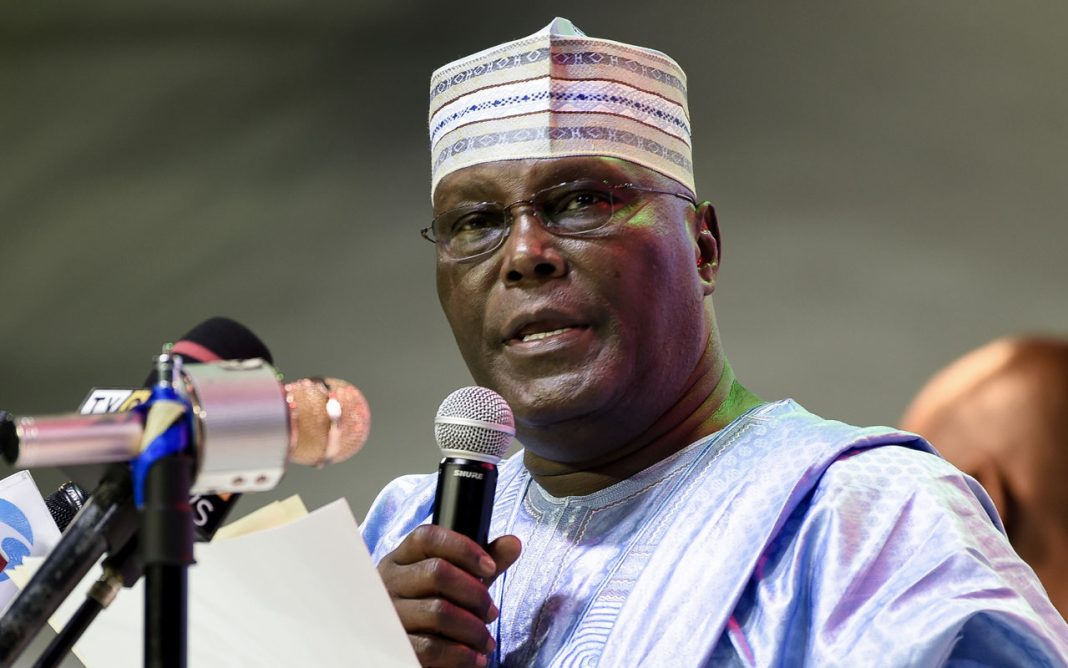ABUJA, Nigeria – Former Vice President Atiku Abubakar has left the door open to a potential run for the presidency in 2027, but stressed that his decision would depend on the emergence of a “viable platform.”
Speaking in an exclusive interview for the upcoming television show Untold Stories with Adesuwa Giwa-Osagie, Atiku said that while he was uncertain about his candidacy, the political landscape must first offer a solid foundation for his bid.
Atiku, a seasoned politician who has contested for the presidency six times, acknowledged the growing speculation around his potential candidacy for 2027, especially after he recently spearheaded the formation of a coalition of opposition leaders to challenge President Bola Tinubu.
However, he did not explicitly confirm or deny his plans, stating, “I don’t know because there has to be, first of all, a viable platform, more than any other time in the political history of this country, particularly since the return of democracy.”
The former presidential candidate emphasized the need for credible leadership in Nigeria, noting that the country is facing challenges that require experienced leadership.
“I have not seen Nigeria in dire need of, you know, an experienced and credible leadership than this time,” he said, reflecting on the political situation.
Atiku also agreed with former President Olusegun Obasanjo’s view that Nigeria’s democracy is in decline, calling the situation “very dire.”
He expressed disappointment with the country’s political leadership and governance at various levels, particularly at the state level.
“Instead of me seeing an improvement in the level of governance, I don’t see it. So I feel a little bit distressed,” he said.
The issue of leadership was further explored as Atiku addressed the controversy surrounding his 2023 vice-presidential pick.
Atiku explained why he chose not to select Nyesom Wike, the current Minister of the Federal Capital Territory (FCT), as his running mate.
Wike, the former governor of Rivers State, had been vocal about his discontent with Atiku’s decision and was a key figure in the internal strife within the Peoples Democratic Party (PDP) following the election.
Atiku dismissed any regrets about his decision, stating, “No, not at all.”
He explained that the decision not to choose Wike was based on the recommendations of the PDP’s selection committee, which had placed Wike as the second choice behind Ifeanyi Okowa, then Governor of Delta State.
“So I picked number one,” Atiku clarified, adding that his decision was simply a matter of following the committee’s rankings.
Reflecting on his earlier political career, Atiku also recounted his experiences during the 1993 Social Democratic Party (SDP) primaries, where he stepped down for Chief Moshood Abiola, the presumed winner of the election, as part of an agreement with his political mentor, Shehu Yar’Adua.
Despite an agreement that Atiku would be picked as Abiola’s running mate, Abiola eventually chose Babagana Kingibe instead, following pressure from SDP governors.
Atiku explained the behind-the-scenes dynamics, including his efforts to persuade Yar’Adua to intervene and prevent Kingibe’s victory.







